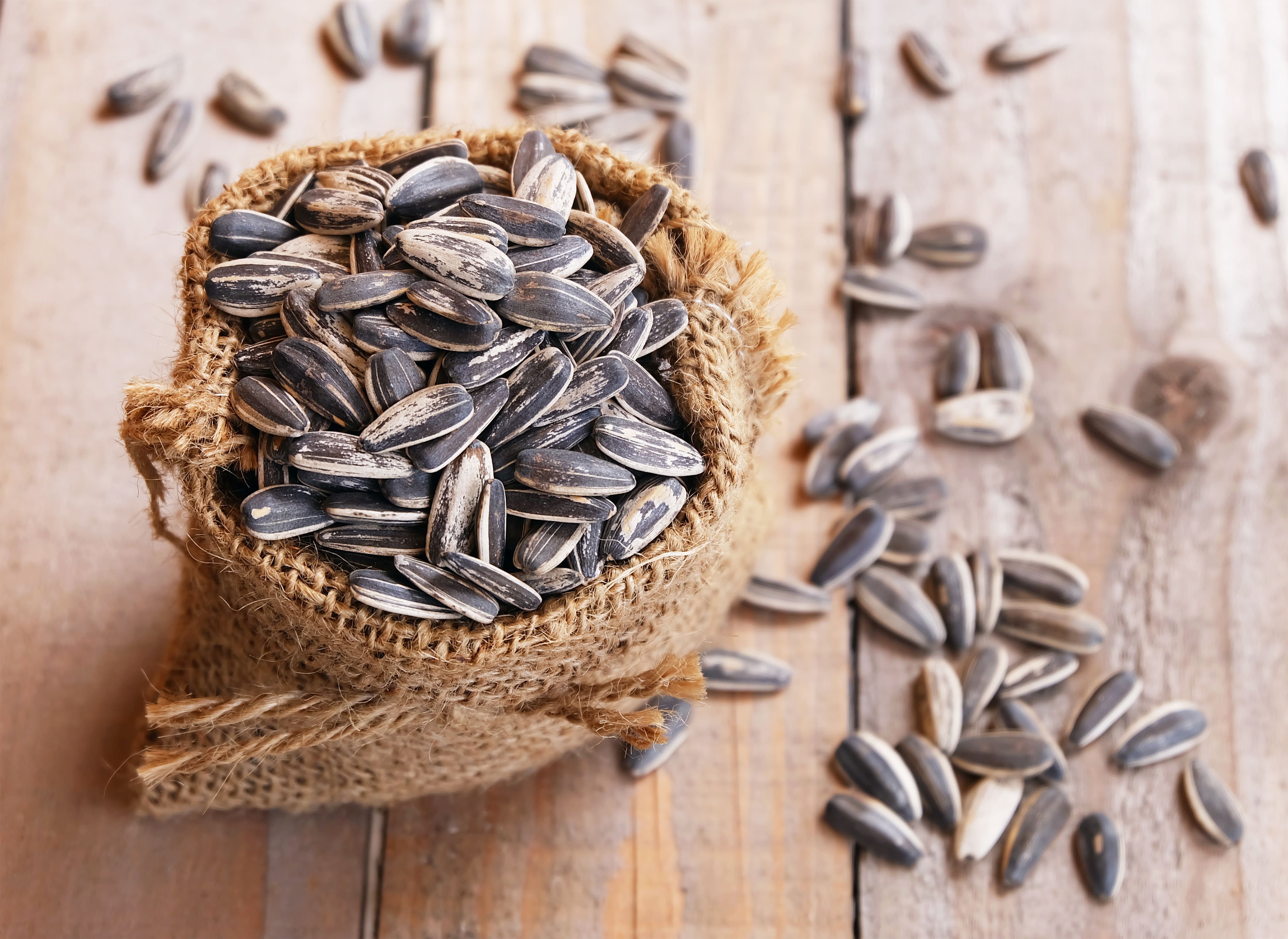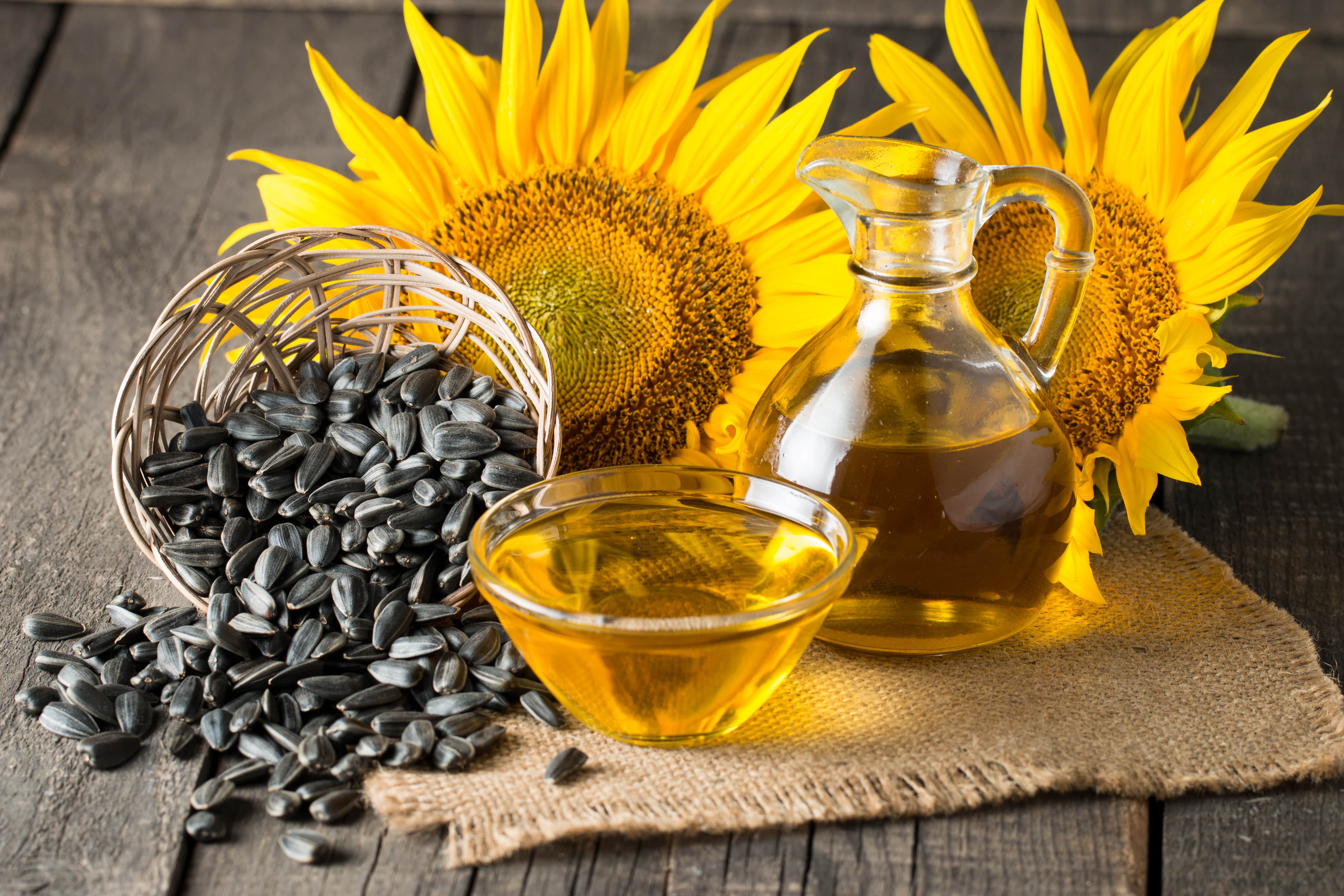Sunflower Seeds - 2020 Global Market Update
Overall global production for 2019/2020 decreased, especially in Bulgaria and Canada, while producers in Ukraine and Russia saw a considerable increase in production. While prices are currently high, this could potentially be offset by the surplus in these regions.
Bulgaria and Ukraine are two of the largest producers of sunflower seeds while Canada is a rising star with production more than doubling in the last decade to meet market demand.
Bulgarian Prices High Due to Shortages and Increasing Global Demand
In Bulgaria, prices have been rising since November 2019 due to increasing foreign demand and lower availability this season. This was fueled by oil manufacturers purchasing products ahead and causing an even greater shortage, and wholesale prices rose around 26% at BGN 700 per metric ton (USD 390.9) from BGN 580-610 (USD 323.9-340.7).
Demand for Bulgarian confectionery sunflower seeds has risen over recent years due to its Omega 3 health benefits. Production, on the other hand, decreased by almost 11% compared to the previous season as productions went through a drought and an increasing number of farmers switched to other agricultural crops such as chickpeas and corn.

Bulgarian sunflower oil production was directly impacted and exports decreased by 29% in January of 2020 compared to the same period in 2019. In order to overcome the shortage, Bulgarian importers contracted volumes from Ukraine but low water levels on the Danube river prevented supplies to be imported to its full volume.
Canadian Prices Rising due to Lower Harvest Expectations
Prices for Canadian sunflower seeds are also rising in anticipation of continuous harsh weather conditions during the spring harvest period after the country suffered from unfavorable rain and snow during winter. The main producing province of Manitoba was also affected, and some regions experienced a record-breaking one-day snowfall of 76.2cm which delayed machine harvesting and brought a considerably lower yield.
With 25-30% of the 2019/2020 crops to be harvested in spring, prices have moved up from approximately CAD 0.25 to 0.27 per pound. However, this is expected to stabilize as spring progresses and farmers are able to paint a fuller picture of the moisture levels in the fields. The shortage has made buyers source from other countries in the Black Sea that have seen good harvest this season.

Ukraine Experiences Bumper Harvest Amid Worldwide Shortage
Ukraine, on the other hand, saw timely rainfall in the middle of summer that brought optimal moisture levels in soil and allowed production to flourish. This is expected to positively impact Ukrainian sunflower seed exports this year, especially of the oilseed variety.
Sunflower oil exports in 2019/2020 are expected to be at 6.2 million metric tons, up by 1.4 million in 2018/2019. Demand for Ukrainian oilseed sunflower seeds is expected to grow even further as China and India are expected to increase their imports for 2020 amid a worldwide shortage. China and India are sunflower oil purchasing giants that take up 40% of worldwide imports.
Exporters, however, are hesitant to increase seed exports to North American markets as there is a 10% export duty, even though buyers in these markets are more willing to pay a premium for higher quality sunflower seeds. Nevertheless, Black Sea producers have a competitive geographic advantage over suppliers from Canada or the US, as they are able to provide lower CIF shipping costs to buyers in the Middle East and Asia.
As Russia, another major producer in the Black Sea also experienced a spike in production, current high prices are expected to gradually decrease as supplies from Ukraine and Russia are dispersed into the market.
Sources
- Reuters. "Ukraine sunflower oil exports jump 59% so far in 2019/20 - APK-Inform."
- Hellenic Shipping News. "Demand set to grow for Black Sea sunflower oil in 2020."
- Agri.bg. "Drought: Sunflower yields have fallen significantly."
- Hoosier Ag Today. "USDA Releases February World Supply and Demand Report."



